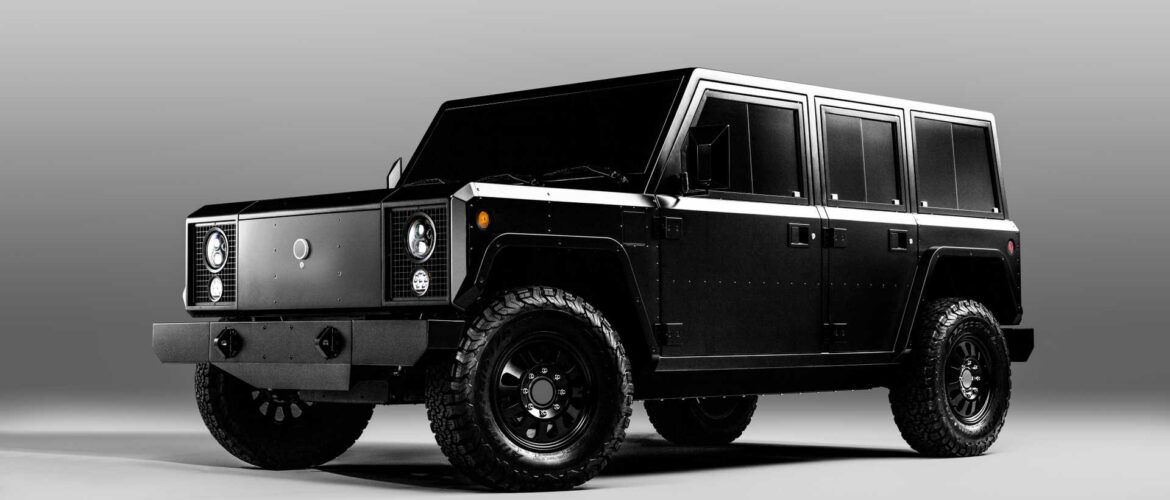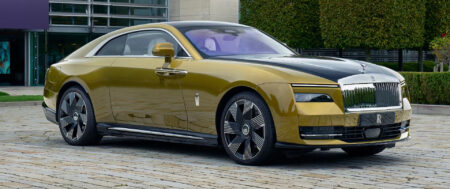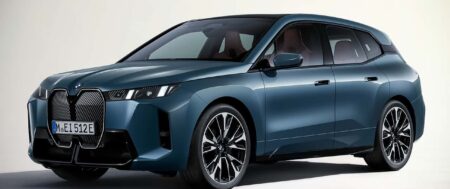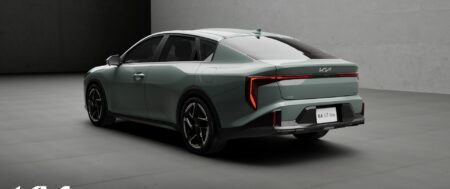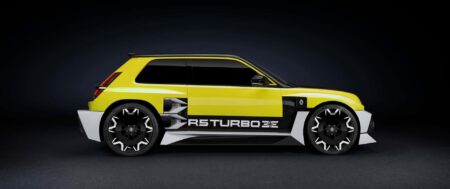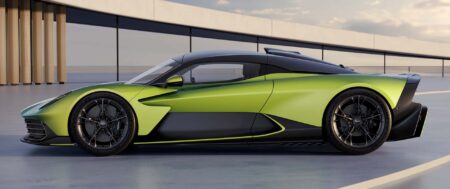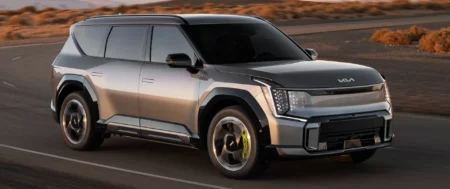The Bollinger electric startup will instead focus on building an electric-vehicle platform and will refund B1 and B2 deposits.
- Electric startup Bollinger Motors announced today that it will be putting its consumer EVs on the back burner.
- The B1 SUV and B2 pickup truck were supposed to reach production by the end of last year but now may never see the light of day.
- Bollinger will instead work on developing its electric-vehicle platforms.
A Bollinger spokesperson informed Car and Driver that the company will focus on developing electric platforms for the commercial market, rather than building the Deliver-E van. The platforms will be for Class 3-6 vehicles, and Bollinger will work with fleet customers to customize the platforms to suit their needs, with vehicle upfitters crafting the vehicles’ bodies.
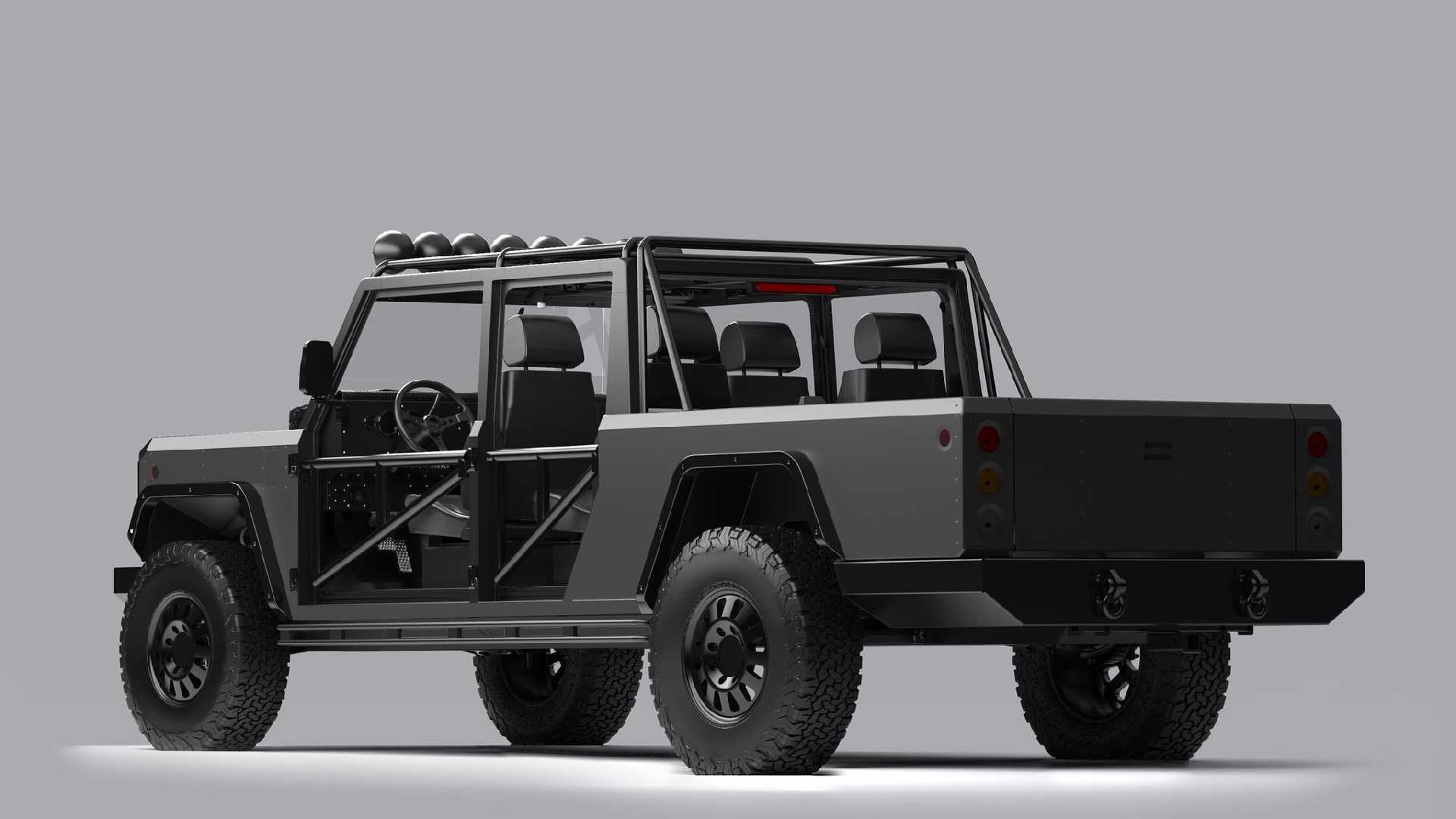
Way back in 2017, a startup called Bollinger Motors showed off an electric SUV called the B1 that looked like it was designed using Legos. It was soon joined by a pickup truck version, the B2, and the off-roaders were due to go on sale in 2019. But the small company failed to find a production partner in time, and Bollinger pushed the B1 and B2’s launch date back to late 2021. Today, Bollinger Motors announced that it will be postponing the start of its consumer-truck business and commercial Deliver-E, which was originally supposed to go into production in 2022 with an unnamed manufacturing partner. Instead, Bollinger is choosing to focus on its electric-vehicle platform.
The Bollinger B1 and B2 were supposed to reach production with a 120.0-kWh battery pack, which Bollinger claimed provided 200 miles of range. The all-terrain EVs were going to cost $125,000 and would have had a 5000-pound payload capacity and 15 inches of ground clearance. With the change in plans, Bollinger said that it will refund deposits that had been made for the B1 and B2, suggesting that if the boxy off-roaders ever do reach production, it won’t be for at least several years.
